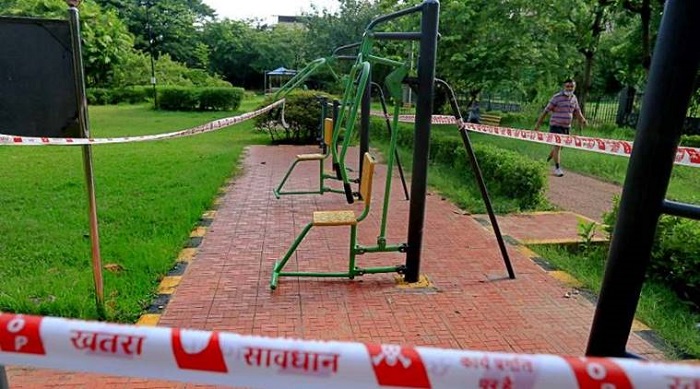Bengaluru, June 10: A court in Bengaluru has ejected the bail plea of Amulya Leona Noronha, a college student who has been accused of sedition for saying “Pakistan Zindabad” at the beginning of a speech during a protest against the Citizenship Amendment Act (CAA) in the city on February 20.
The court claimed that if granted bail, the 19-year-old student of journalism and English at a Bengaluru college “may involve (herself) in similar offence which affects peace at large”.
Rejecting her bail plea, 60th additional city civil and sessions judge Vidyadhar Shirahatti said in his order, “If the petitioner is granted bail, she may abscond. Therefore, the bail petition of the petitioner is liable to be rejected.”
The police had booked Amulya under charges of sedition and promoting enmity between groups, although her friends claimed she was trying to convey a message of universal humanity by chanting zindabad in the name of all nations, including Pakistan and India.
Amulya, known for her oratory, and often invited at protests against the CAA, NRC and NPR, was arrested on the evening of February 20.
Video clips of the speech showed her chanting “Hindustan Zindabad” soon after saying “Pakistan Zindabad” and trying to tell the audience — her microphone had been taken away by then — that all nations are one in the end. She could not complete the speech; the protest was being held at Bengaluru’s Freedom Park.
Amulya’s bail plea was delayed on account of the lockdown, which came into force on March 25 — around the time hearings were due to begin in a lower court. Bengaluru police did not file a chargesheet against the student during the lockdown.
In the course of bail hearings, which began after lockdown restrictions were eased, the public prosecutor argued that Amulya was trying to incite people to create a law and order problem. The prosecutor also argued that she had earlier been accused of causing hatred and disaffection towards religion and the government established by law in India by holding a placard that stated “F##k Hindutva” during a student protest.
The prosecution argued that the student, if released, may commit similar offences since cases were already registered against her.
Defending Amulya, a friend who was part of the February 20 protest said, “Before she could complete what she wanted to say they surrounded her and grabbed the microphone. She was later placed under arrest on charges of sedition. What she was trying to say was, if we love one country it does not mean we should hate another.” Another friend said, “Please see her Facebook post of February 16, around 8 pm. Loving another country does not mean you are going against your own — this is exactly what she was trying to say (at the protest). She is promoting unity among nations…”







Comments
only bjp and vhp are true patriots
Add new comment